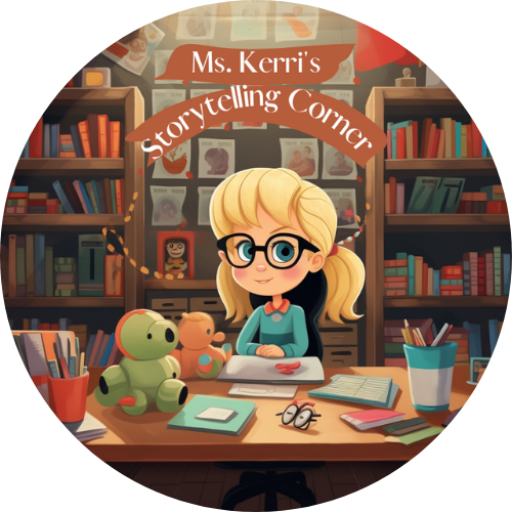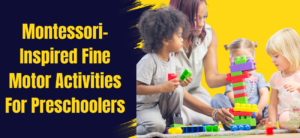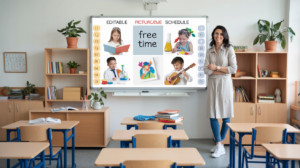Building confidence in children is essential for their growth and development. Engaging them in fun and interactive activities not only makes learning enjoyable but also helps them feel more capable and valued. This article explores various activities and experiences that can boost your child’s self-esteem while allowing them to express themselves creatively and socially.
Key Takeaways
- Engaging in creative arts and crafts can help kids express themselves and build self-worth.
- Outdoor challenges encourage teamwork and resilience, teaching children to face obstacles with confidence.
- Cooking together fosters a sense of accomplishment and independence in children.
- Role-playing scenarios can enhance social skills and prepare kids for real-life situations.
- Celebrating achievements, no matter how small, reinforces a child’s sense of value and boosts their confidence.
Engaging Activities That Foster Confidence
Confidence isn’t just something kids are born with; it’s something they build through experience. Engaging in activities that challenge them in a supportive environment is key. It’s about creating opportunities where they can try new things, make mistakes, and learn from them without fear of judgment. Let’s explore some fun ways to do just that.
Creative Arts and Crafts
Arts and crafts aren’t just about making pretty things; they’re about self-expression and problem-solving. When kids create, they’re making decisions, experimenting with colors and textures, and bringing their ideas to life. This process can be incredibly empowering. Try projects that allow for open-ended creativity rather than strict instructions. Think about providing a variety of materials and letting them decide what to make. It’s amazing to see what they come up with when given the freedom to explore.
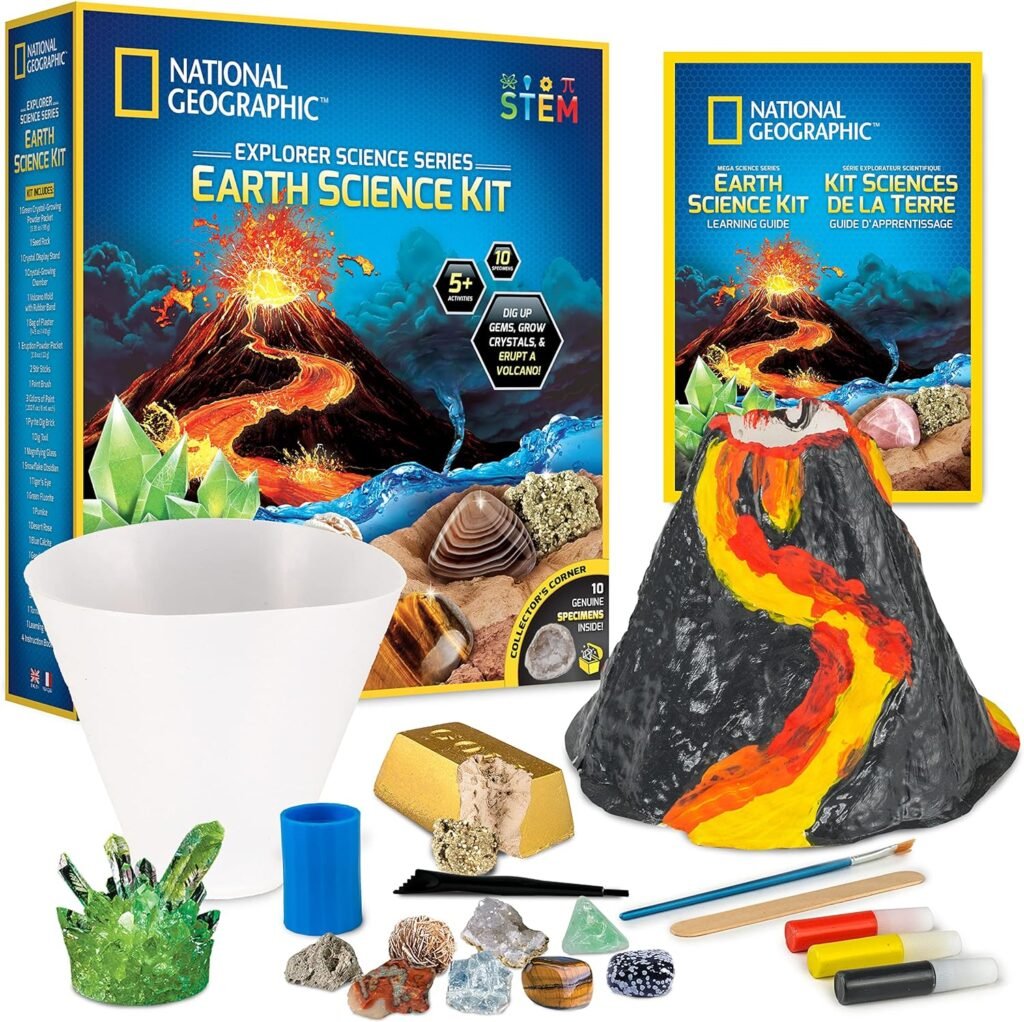
Outdoor Adventure Challenges
Getting kids outside and challenging them physically can do wonders for their confidence. It’s not about being the fastest or the strongest; it’s about pushing their limits and discovering what they’re capable of. Simple things like climbing a tree, building a fort, or navigating a nature trail can be great confidence boosters. The sense of accomplishment they feel after overcoming a physical challenge is invaluable. Plus, being in nature has its own set of benefits for mental and emotional well-being.
Team Sports and Group Games
Team sports and group games teach kids about teamwork, communication, and perseverance. Whether it’s soccer, basketball, or a simple game of tag, these activities provide opportunities for kids to work together towards a common goal. They learn to support each other, celebrate successes, and cope with setbacks as a team. This sense of belonging and shared experience can significantly boost their confidence. It’s important to emphasize the fun and camaraderie rather than focusing solely on winning or losing.
It’s important to remember that the goal isn’t to turn every child into a star athlete or a master artist. It’s about providing them with opportunities to explore their interests, develop their skills, and build their self-esteem in a fun and supportive environment. The confidence they gain from these experiences will serve them well in all aspects of their lives.
Interactive Learning Experiences

Science Experiments at Home
Who says learning can’t be a blast? Transform your kitchen into a science lab and watch your child’s eyes light up with wonder. Simple experiments, like making a volcano with baking soda and vinegar, or growing crystals, can teach fundamental scientific principles in a way that’s both engaging and memorable. It’s all about hands-on learning, where kids can explore, experiment, and discover the world around them. Plus, it’s a great way to spend quality time together while sneaking in some education.
Cooking and Baking Together
Cooking and baking aren’t just about making delicious treats; they’re also fantastic opportunities for learning. Measuring ingredients introduces math concepts, following recipes enhances reading comprehension, and understanding how different ingredients interact teaches basic chemistry. Plus, kids gain a sense of accomplishment when they see the final product of their efforts. It’s a recipe for fun and learning all rolled into one! Consider trying out some new recipes together to make it even more exciting.
Nature Exploration and Discovery
Step away from the screens and head outdoors for an adventure in nature! Exploring local parks, forests, or even your own backyard can be an incredible learning experience. Identify different types of plants and animals, collect leaves and rocks, and learn about the local ecosystem. Nature walks can spark curiosity and encourage kids to ask questions about the world around them.
Nature exploration is a great way to teach kids about the importance of environmental conservation and sustainability. It helps them develop a sense of responsibility towards the planet and encourages them to become stewards of the environment.
Here are some ideas for nature exploration:
- Go on a scavenger hunt in the park.
- Build a birdhouse or a bug hotel.
- Start a nature journal to document your discoveries.
Building Social Skills Through Play
Social skills are super important for kids. They help them make friends, work in groups, and just generally get along with others. Playing games together is a great way to help kids develop these skills without them even realizing they’re learning!
Role-Playing Scenarios
Role-playing is awesome because it lets kids try out different social situations in a safe space. They can pretend to be doctors, teachers, or even superheroes! This helps them learn how to communicate, empathize, and solve problems.
- Acting out scenarios helps kids express themselves better.
- It allows them to step into other people’s shoes, increasing empathy and self-awareness.
- They learn valuable lessons in resolving conflicts and negotiating solutions.
Role-playing can also boost a child’s assertiveness. When they take on empowering roles, they feel more confident and capable. This self-confidence is essential for tackling new challenges with a positive attitude. You can even use butter board ideas to create a fun scenario for a pretend party!
Board Games That Encourage Teamwork
Board games aren’t just fun; they can also teach kids how to work together. Games that require teamwork encourage kids to communicate, share ideas, and compromise. It’s all about achieving a common goal!
- Cooperative board games encourage cooperation in the future.
- Positive relationships are an essential foundation for self-esteem.
- Children who feel valued and are comfortable in social situations are more confident.
Community Service Projects
Getting involved in community service projects is a fantastic way for kids to build social skills while also making a difference. Working together on a project teaches them about teamwork, responsibility, and empathy. Plus, it feels good to help others!
- Volunteering teaches kids about teamwork and responsibility.
- It helps them develop empathy and compassion for others.
- It provides a sense of accomplishment and pride.
Fun and Interactive Self-Esteem Boosters

Let’s face it, sometimes kids need a little extra help feeling good about themselves. And what better way to do that than with some fun, engaging activities? These aren’t your typical ‘sit down and talk about your feelings’ kind of things. We’re talking about activities that naturally build confidence and self-worth while your child is having a blast. It’s all about making self-esteem building feel less like a chore and more like playtime.
Gratitude Journaling
Okay, I know what you’re thinking: journaling? For kids? But hear me out! It doesn’t have to be a boring diary entry. Make it fun! Provide colorful pens, stickers, and prompts like “What made you smile today?” or “What are three things you’re good at?” The key is to focus on the positive. It’s a great way to encourage positive self-talk and appreciate the good things in their lives. You can even do it together as a family!
Creating a Strengths Collage
This is a super visual and creative way for kids to recognize their awesome qualities. Grab some magazines, construction paper, glue, and scissors. Have your child cut out words and images that represent their strengths, talents, and things they like about themselves. Maybe they’re a great artist, a good friend, or a super reader. Let them create a collage that showcases all their amazing attributes. It’s a fantastic reminder of all the things they’re good at, and they can hang it up in their room for a daily dose of self-love. This is a great way to explore self-esteem activities for kids.
Running a Lemonade Stand
This one is a classic for a reason! It teaches kids about responsibility, money management, and customer service, all while boosting their confidence. Help them set up their stand, make the lemonade, and interact with customers. Seeing their hard work pay off (literally!) is a huge confidence booster. Plus, they get to enjoy the fruits (or lemons!) of their labor. It’s a win-win!
Sometimes, the best way to build self-esteem is to step outside of your comfort zone and try something new. These activities provide a safe and supportive environment for kids to do just that, fostering a sense of accomplishment and self-worth.
Encouraging Independence and Responsibility

It’s easy to fall into the trap of doing everything for our kids, but giving them age-appropriate responsibilities is a game-changer for their confidence and overall development. It’s about teaching them that they are capable and that their contributions matter. This isn’t just about lightening your load; it’s about building essential life skills.
Chores as Fun Challenges
Let’s face it, chores aren’t usually seen as “fun.” But what if we reframed them? Instead of nagging, try turning chores into challenges. For example:
- Set a timer and see who can tidy up the living room the fastest. Offer a small, non-material reward for the winner. This can be a fun way to simple success chain activity.
- Create a “chore chart” with different tasks and assign points to each. At the end of the week, kids can redeem their points for privileges or small treats.
- Play music while doing chores to make the time go by faster and create a more positive atmosphere.
By making chores engaging, you’re not only teaching responsibility but also showing your kids that even mundane tasks can be enjoyable. It’s all about perspective and a little bit of creativity.
Pet Care Responsibilities
If you have a family pet, involving your child in its care is a fantastic way to teach responsibility and empathy. Depending on their age, they can:
- Help fill the food and water bowls.
- Assist with grooming, like brushing the pet’s fur.
- Take the dog for short walks (with supervision, of course).
Caring for a pet teaches children about the needs of others and the importance of consistency. It also fosters a sense of connection and companionship.

Gardening Projects
Gardening is another excellent way to encourage independence and responsibility. Even a small container garden can provide valuable learning experiences. Kids can:
- Help choose what to plant.
- Water the plants regularly.
- Weed the garden.
Watching plants grow from seeds to maturity teaches patience, perseverance, and the importance of nurturing. Plus, they get to enjoy the fruits (or vegetables!) of their labor. Consider running a lemonade stand to sell the produce they grow!
Celebrating Achievements and Milestones
It’s easy to get caught up in the day-to-day grind, but taking the time to celebrate achievements, big or small, can really boost a child’s confidence. Recognizing progress and effort helps kids understand the value of hard work and builds a positive self-image. It’s not just about the end result; it’s about acknowledging the journey and the growth that happens along the way. Let’s explore some fun ways to celebrate those wins!
Personalized Reward Systems
Forget generic prizes! Think about what really motivates your child. Does your kid love screen time? Maybe a little extra time playing their favorite video game is a good reward. Are they into art? A new set of paints or a special art class could be perfect. The key is to tailor the reward to their interests and the specific achievement. For example, if they aced a math test, maybe a trip to the mini desserts place is in order. It shows you pay attention to what they care about, making the reward even more meaningful.
Family Recognition Ceremonies
Okay, it doesn’t have to be super formal, but setting aside time to acknowledge accomplishments as a family can be really special. It could be as simple as a special dinner where everyone shares something they’re proud of, or a fun activity like a game night to celebrate a good report card. The point is to create a positive and supportive environment where achievements are celebrated and everyone feels valued. Make sure to recognize success and effort, not just the outcome.
Creating Achievement Boards
This is a fun, visual way to track progress and celebrate milestones. Grab a corkboard or even just a large piece of poster board and let your child decorate it. Then, as they achieve goals, they can add pictures, certificates, or other mementos to the board. It’s a great way for them to see all their accomplishments in one place and serves as a constant reminder of their capabilities. Plus, it’s a fun, creative project they can work on! Here are some ideas for what to include:
- School projects they’re proud of
- Sports awards or certificates
- Photos of them achieving a goal, like finishing a book or completing a chore
Celebrating achievements isn’t just about the big wins; it’s about acknowledging the small steps along the way. It’s about teaching kids to appreciate their efforts and to see themselves as capable and successful individuals. By creating a culture of celebration, you’re helping them build a strong foundation of self-confidence that will serve them well throughout their lives.
Promoting Positive Self-Talk

It’s easy for kids to get down on themselves. They might focus on what they can’t do, or compare themselves to others. But, we can help them build a more positive inner voice. Positive self-talk is like having a personal cheerleader inside your head! It’s about teaching kids to be kind and encouraging to themselves, especially when things get tough.
Affirmation Activities
Affirmations are positive statements that can help kids challenge negative thoughts. Start simple. Have them repeat phrases like “I am brave,” “I am kind,” or “I am smart.” Make it fun! Turn it into a song, write them on sticky notes and put them around the house, or create positive affirmation cards together. The key is repetition and making it a habit. It’s amazing how much a simple phrase can change their outlook.
Daily Reflection Practices
Encourage your child to take a few minutes each day to think about what went well. What are they proud of? What did they learn? This doesn’t have to be a big deal. It could be as simple as, “I helped my friend today,” or “I tried really hard on my math test.” Writing these reflections down in a journal can be especially powerful. It helps them see their progress and recognize their strengths. It’s a great way to spot negative thinking and replace it with something positive.
Mindfulness and Meditation Exercises
Mindfulness and meditation aren’t just for adults! Even a few minutes of quiet, focused breathing can help kids calm their minds and become more aware of their thoughts. There are tons of kid-friendly apps and videos that can guide them through simple exercises. The goal is to teach them to observe their thoughts without judgment. This can help them recognize negative self-talk and learn to let it go. It’s like teaching them to reframe their thoughts and focus on the present moment.
Creating an environment where mistakes are seen as learning opportunities is also important. Celebrate accomplishments, provide constructive feedback, and offer continuous encouragement. This helps build a child’s self-esteem and encourages them to speak kindly to themselves, even when things don’t go as planned. It’s all about building resilience and a positive mindset.
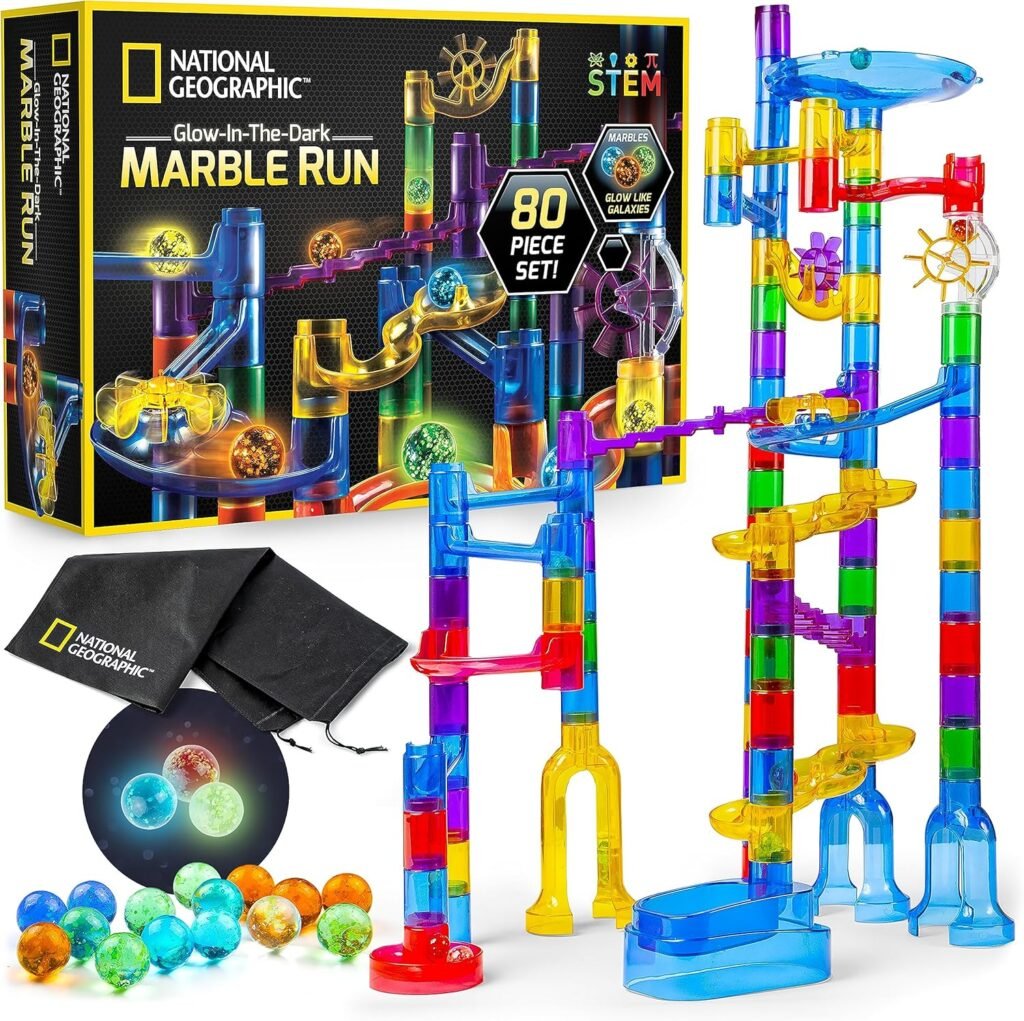
Here are some ways to encourage positive self-talk:
- Point out when negative self-talk happens.
- Encourage them to challenge those thoughts.
- Help them visualize positive outcomes.
Wrapping It Up
In the end, building your child’s confidence can be a fun journey for both of you. By trying out different activities and games, you can help them feel good about themselves and learn new skills along the way. Remember, it’s all about making them feel valued and capable. So, whether it’s running a lemonade stand or creating a strengths collage, these experiences can really make a difference. Keep it light, keep it fun, and watch your child grow into a more confident version of themselves. You’ve got this!
Frequently Asked Questions
What activities can help boost my child’s confidence?
Engaging in creative arts, outdoor challenges, team sports, and interactive learning experiences can all help boost your child’s confidence.
How can cooking together improve my child’s self-esteem?
Cooking together allows children to take part in a fun activity where they can learn new skills, make decisions, and feel accomplished when they see the final dish.
What is a strengths collage?
A strengths collage is a visual project where kids create a collage that showcases their personal strengths using pictures and words. It helps them recognize and celebrate their unique abilities.
Why are team sports important for kids?
Team sports teach kids how to work with others, develop social skills, and learn about teamwork, all of which are important for building self-confidence.
How can I encourage my child to practice positive self-talk?
You can encourage positive self-talk by helping them identify their strengths, practicing affirmations, and reflecting on positive experiences together.
What are some fun ways to celebrate my child’s achievements?
You can celebrate their achievements with personalized reward systems, family recognition ceremonies, or by creating achievement boards that display their successes.
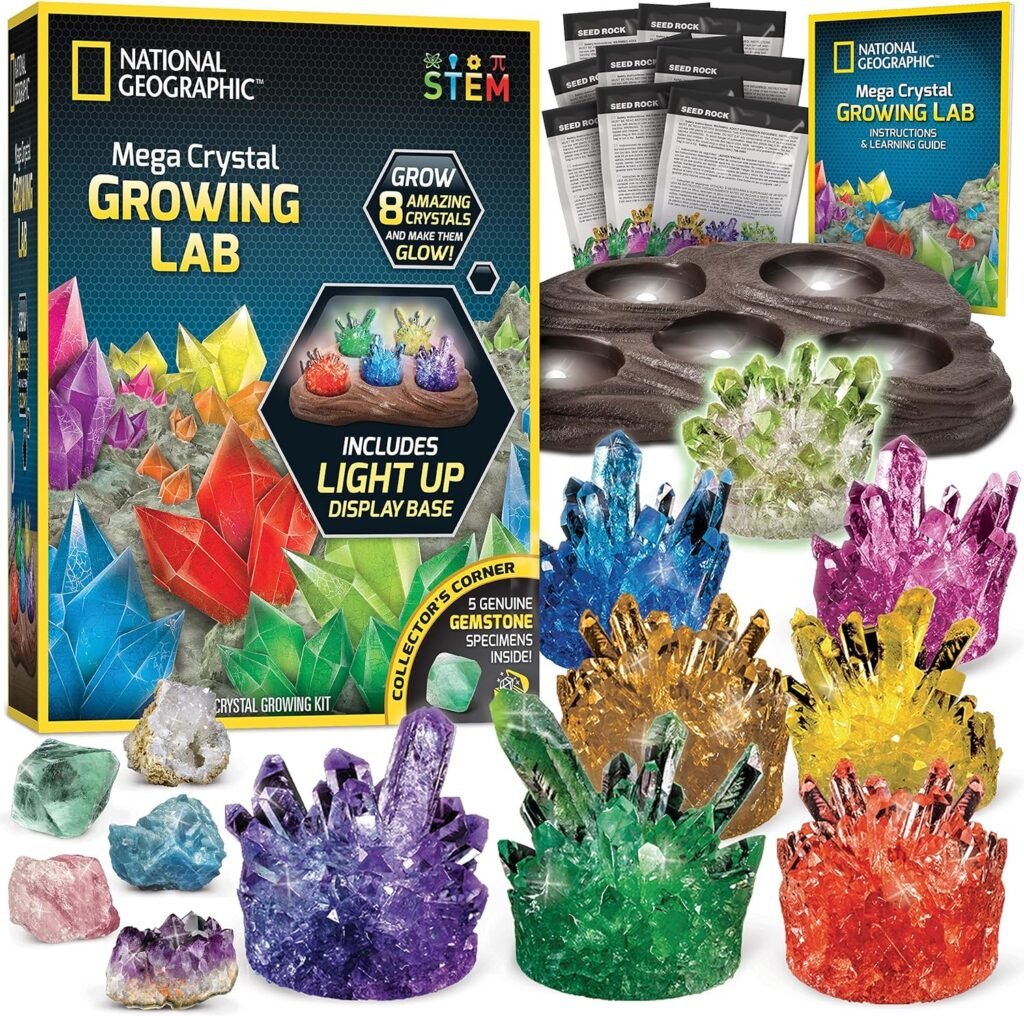

Ms. Kerri’s Corner provides a exciting virtual space for preschool learning. Through a variety of engaging activities, she exposes young minds to early math, literacy, science and social-emotional skills in a developmentally appropriate way. Centers for blocks, art, books and music allow children to explore hands-on learning at their own pace. Guided lessons subtly introduce number sense, letter sounds and narrative thinking. Careful observation gives insight into each child’s progress across domains. Viewers are also invited to participate, reinforcing that their ideas are valued. By making learning fun yet purposeful, Ms. Kerri lays the groundwork for future academic success while fostering creativity and imagination. Her program offers preschoolers valuable screen-based learning experiences.
